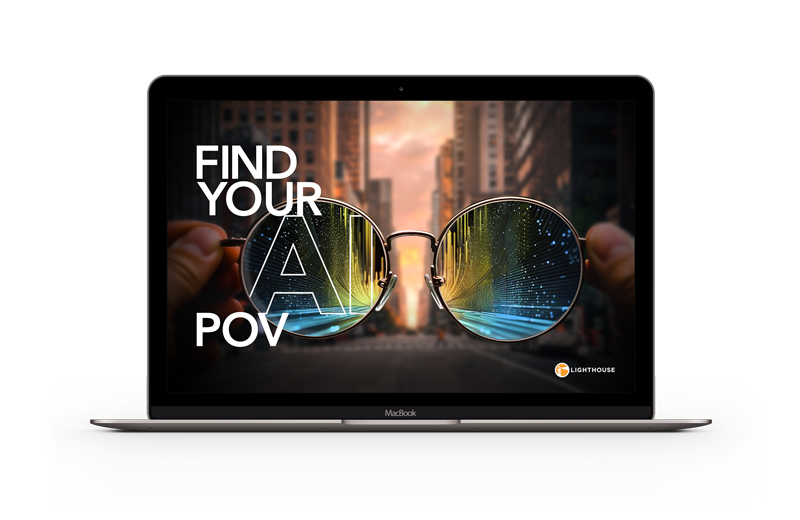
Three Key Tips to Keep in Mind When Leveraging Corporate G Suite for eDiscovery
July 22, 2020
By:
In the eDiscovery space, we are always spotting new trends. Our industry has seen text messages, chat message platforms, websites, and various unstructured data sources become increasingly relevant during discovery. Over the past several years, we have started to see another new trend emerge - many of our clients are using Corporate G Suite rather than Office 365.
The use of emerging technologies is part of everyday life for many companies in the space. However, we are beginning to see established biotech, healthcare, manufacturing, and retailers shift to G Suite, an area that was once almost exclusively dominated by on-prem Microsoft products. This transition introduces some new considerations around managing discovery. In this post, we talk about three impacts that G Suite data has on downstream eDiscovery workflows, and the need to factor these items into your discovery plan.
- Recipient Metadata: Gmail renders email header information in a unique format. While the last-in-time email in a given string will have all expected sender and recipient information (From, To, CC, BCC), all other previous messages exchanged in the email string will display only the sender information and will not display the recipient information. This is not a collection, processing, metadata, or threading issue. Rather, this relates to how Gmail stores and exports recipient information. This presents some unique document review challenges, as previous parts of the thread could include recipients that are not visible to the reviewer, and may include attorneys who have sent privileged communications. As a result, it is important to work closely with your project management team to create workflows related to Gmail.
- Links: Historically, we have all attached copies of documents (e.g. Word, Excel, and PowerPoint files) to an email during the normal course of business. Due to the emergence of technologies such as SharePoint and Google Drive, we now have the ability to send emails with embedded links that reference documents rather than attaching the document itself. When Gmail is exported from Google Vault, the documents referenced in links embedded throughout email exchanges are not exported. As a result, reviewers will encounter these links, but will be unable to readily view the corresponding document referenced in said link. At present, Google Vault does not allow for the mass search and export of these links. However, you do have the ability to manually pull documents referenced in these links. You should be mindful of this issue when drafting your ESI protocol, as opposing parties and regulators may request that your company retrieve these documents.
- Exported Load File: Unlike a standard PST export, when you export a mailbox or set of documents from Google Vault, you have the ability to retrieve a corresponding load file that contains metadata captured in G Suite. Sometimes, the date-related metadata extracted during processing, will not align with dates exported from G Suite. There are a variety of legitimate reasons for this. You will need to determine if you want to produce the date metadata extracted from the processing platform, date values exported from Vault, or both.
All of the above items are manageable when in-house legal teams, outside counsel, and eDiscovery vendors work together to proactively implement appropriate downstream eDiscovery workflows. If you have experience with G Suite data or thoughts on managing the discovery of G Suite data, please reach out to me at ashier@lighthouseglobal.com.








